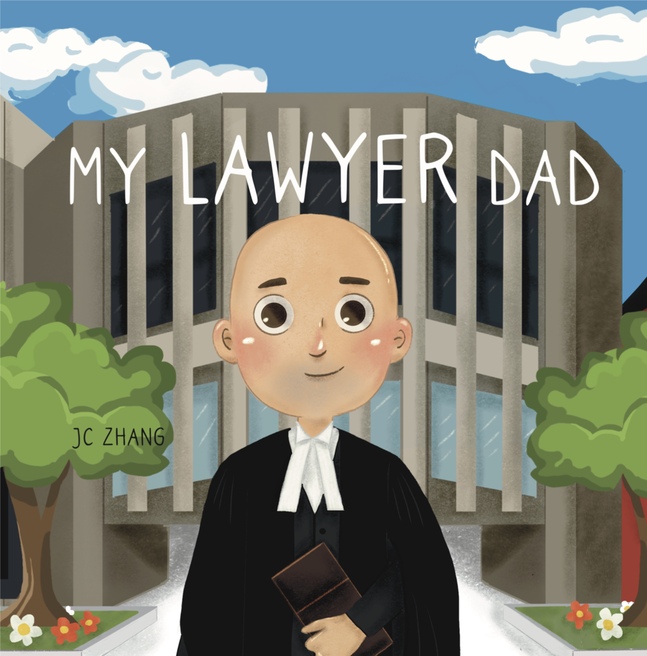Psychics, Witchcrafts and the Law
Alison Mah of the Ottawa Citizen interviewed Omar Ha-Redeye in Who still seeks out psychics? Ottawa’s surprising, thriving world of divination,
Until very recently, Canada used to have an outdated law in its Criminal Code that banned any individual from “fraudulently” practising witchcraft or telling fortunes.
“Many of us in the legal profession have had some fun with this, saying, well if you’re actually practising witchcraft, then it’s not an issue,” said Omar Ha-Redeye, a lawyer at Fleet Street Law in Toronto.
That section of the law — along with a bevy of other outdated or unconstitutional provisions, such as challenging someone to a duel — were officially scrubbed from the code on Dec. 13, when Bill C-51 received royal assent.
“What the government is doing is essentially some housekeeping, cleaning up the Criminal Code and making it easier for the public to understand,” said Ha-Redeye.
“There’s no practical reason to even have that (witchcraft) provision. If an individual is defrauding others, you can use the fraud provision in the Criminal Code without saying it’s also witchcraft for the purpose of fraud. It’s just antiquated.”
…
Grand fraud schemes in Canada, however, are not the norm — most of the time, it’s curious individuals asking about their love life prospects or whether their dead dog has gone to a better place. And that’s where the law is murkier when it comes to the definition of “fraud.”
“It’s a grey area,” said Ha-Redeye, who added that the provisions are really intended to protect individuals from severe cases of wrongdoing.
“Ultimately, if this quote-unquote reading or advice is not then encouraging you to pay more money … I expect the concern would be as long as it’s characterized as for entertainment purposes, nobody is going to have an issue.”
 Previous Post
Previous Post Next Post
Next Post